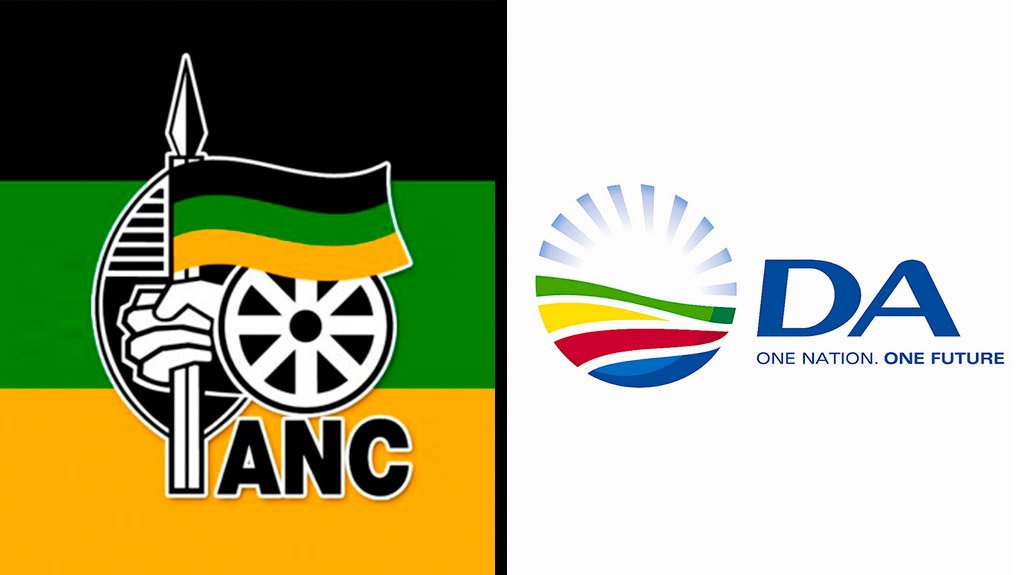The Democratic Alliance's (DA's) majority in the Western Cape is under threat, the African National Congress (ANC) is losing more support in Gauteng and the Economic Freedom Fighters (EFF) is on the growth path nationally.
These are some of the key findings contained in the Criterion Report, a quarterly market research survey conducted by the Institute of Race Relations (IRR) into voter preferences, attitudes and the South African political landscape.
National
It has found that, nationally, the ANC majority is in the balance at 49.5% support, down from 54.7% in February, while the EFF continues to grow, from 12.2% in February to 14.9% in April. The DA has remained stable at 21.3%.
The report noted a small growth in black support for the DA. "As of April, the DA has demonstrated some small growth among black voters. It currently has the support of 7.4% of all black voters, up from the 6% it secured in 2014 (the ANC is on 61.6% of all black voters and the EFF, 18.7%)."
Gauteng
In Gauteng, the ANC is well below a majority with support among voters standing at 42.8%. In that province, the DA has support from 31.9% of polled voters, but that increases to 40% on a 67.7% turnout scenario. The EFF stands on 13%, which, combined with support for the DA, could see the province led by a DA-EFF alliance.
The IRR poll is similar to the DA's internal polling which placed the ANC at 44% and the DA at 38%, according to News24.
Western Cape
In the Western Cape, the DA currently stands on 44.6% on the provincial ballot, down 5.5 percentage points from February (50.1%). The ANC currently stands on 27.8% on the provincial ballot, down 6.1 percentage points from February (33.9%).
In that province, the ACDP currently stands on 7.0% on the provincial ballot, up 3.5 percentage points from February (3.5%), while the EFF currently stands on 6.8% on the provincial ballot, up 5.8 percentage points from February (1.0%). These parties showed significant growth in the Western Cape.
"In line with the IRR’s objective to become an authority on political market research, the Institute has undertaken its fourth full survey of the electoral landscape, to supplement surveys carried out in September 2018, December 2018 and February 2019," its report stated.
The report issued on Tuesday comprises a sample of 2 375 registered voters and was in the field from 18 April through 25 April 2019.
"Because the last few weeks of any election are fluid, as undecided voters make their final choice and the bigger parties typically 'squeeze' their opponents, we have decided to continue polling up until Sunday 5 May. The findings from this second and supplementary tranche – an additional sample of approximately 2 000 registered voters – will be presented to the public on Monday 6 May," the IRR said.
"It is important to appreciate this poll came out of the field with 14 days of the election period still to go. The last weeks of an election campaign are a critical period during which, historically, the bigger parties – particularly the ANC and DA - tend to consolidate their vote upwards, and the vote share of smaller parties declines, as their voters are pressured. This is still likely to happen. A second IRR April poll, to be published on May 6, will aim to determine the degree to which this trend plays itself out, over the final weeks.
"This poll is not a prediction," the IRR said.
EMAIL THIS ARTICLE SAVE THIS ARTICLE
To subscribe email subscriptions@creamermedia.co.za or click here
To advertise email advertising@creamermedia.co.za or click here











